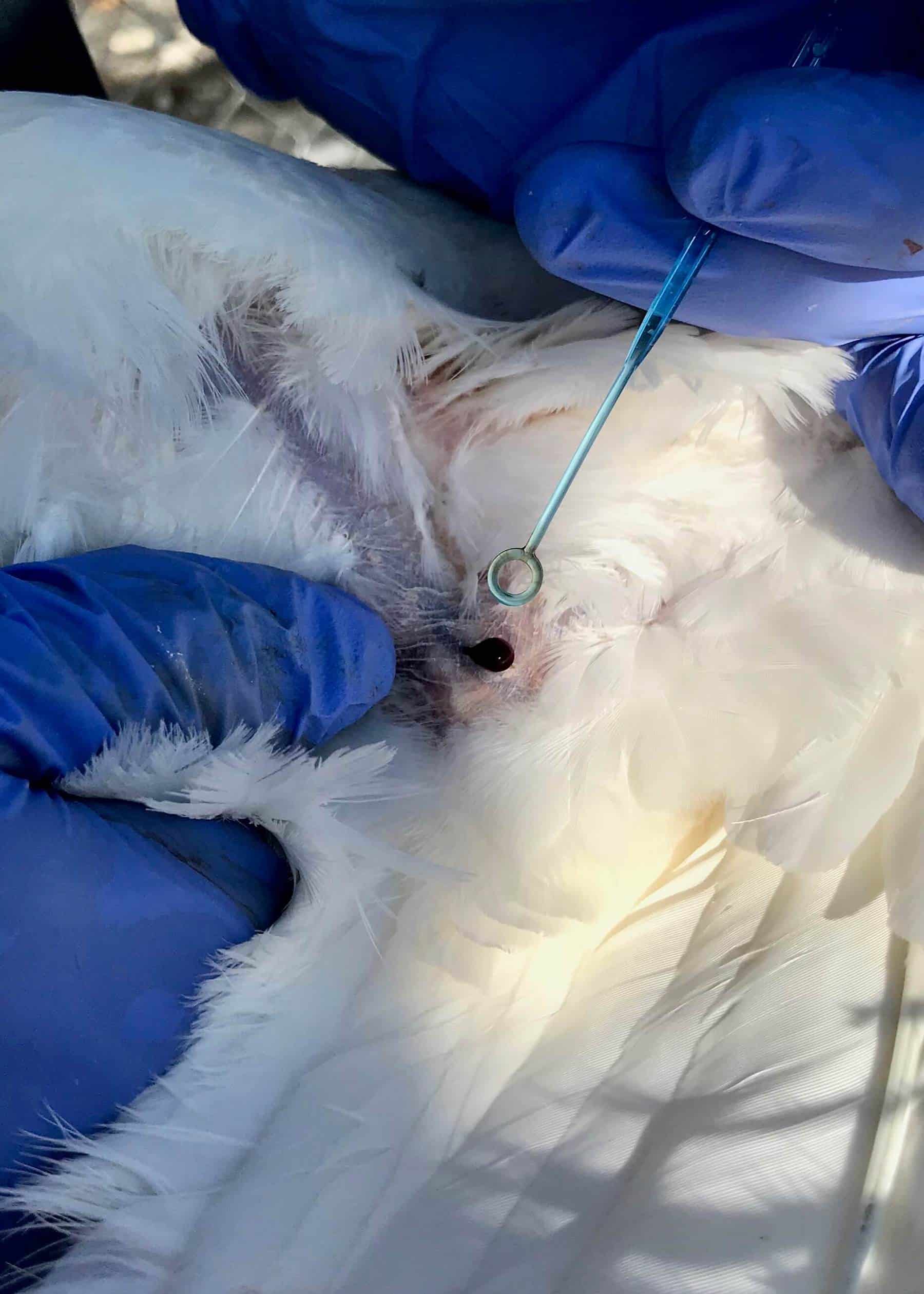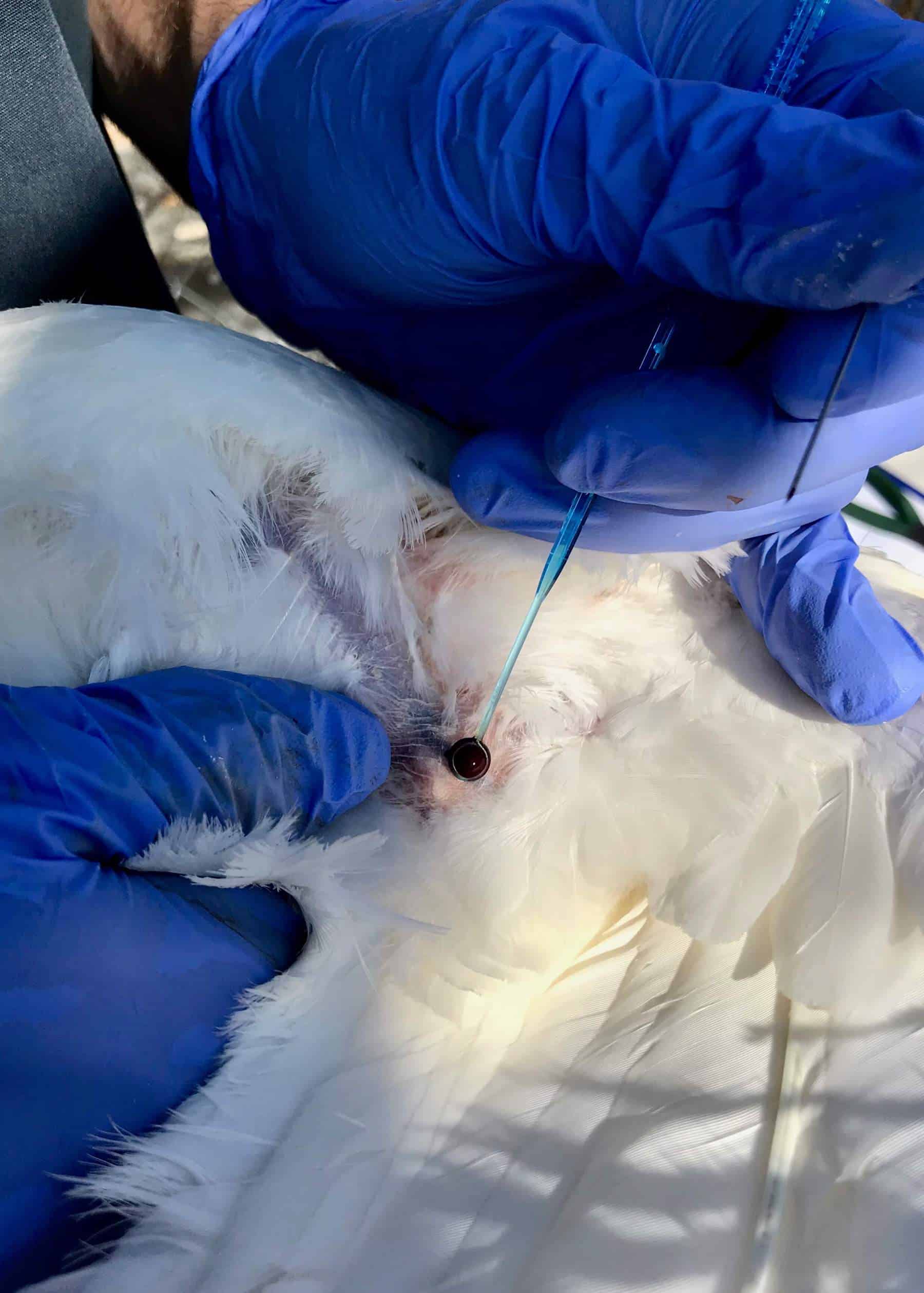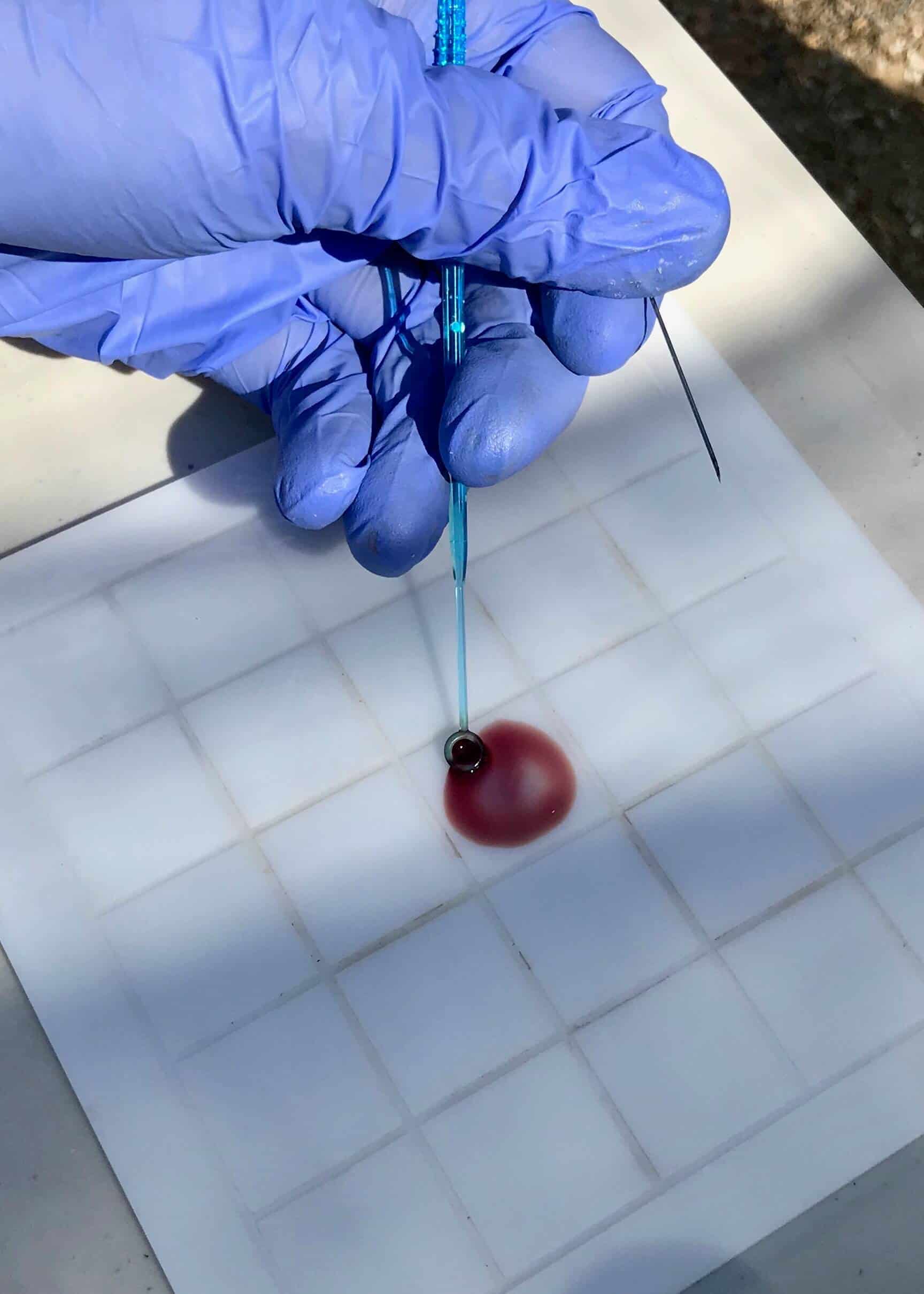Table of Contents
What is NPIP?
NPIP is short for National Poultry Improvement Plan, which is a voluntary program that issues disease free certifications to flock owners who elect to have their birds tested.
NPIP testing started in the 1930’s, when nearly 80% of young poultry was dying from Pullorium. NPIPs goal was to eliminate Pullorium disease brought upon by Salmonella. Over the years the program has expanded to testing and monitoring for Salmonella typhoid, Salmonella enteritidis, Mycoplasma gallisepticum, Mycoplasma synoviae, Mycoplasma meleagridis, and Avian Influenza.
Today, NPIP is required for those that plan to move birds and/or eggs across state lines for the purposes of sales or exhibition. Simply, those that show birds or sell hatching eggs, chicks, or birds across state lines. NPIP is also needed for those keeping birds primarily for breeding.
If you are not planning on crossing state lines with your flock, I think it is still a good idea to consider testing your flock and is a sign of a health conscious flock owner. Testing is not only a great way to monitor your birds health, but maintaining an NPIP certification increases the health of the poultry population. If one of your birds did test positive, it can be removed before infecting other birds in your own flock or other flocks. And you never know when you might decide to sell eggs and/or birds or find yourself moving out of state.
NPIP certification only tests for the diseases listed above. An NPIP certified bird/flock does NOT mean the bird(s) do not have Marek’s disease, respiratory infection, cocci, worms, lice or other diseases. It simply means the birds tested negative for the diseases noted prior.
What Types of Birds Are Tested?
NPIP testing is performed on most birds, including commercial poultry, turkeys, waterfowl, exhibition poultry, backyard poultry, and game birds.
NPIP Qualification
In Colorado, the requirements for NPIP testing eligibility are simple. The primary flock owner must be 18+ years old, a flock of 30 or more birds that are at least 4 months old, and poultry must always remain separated from wild ducks and geese, swine, pigeons, doves, parrots and pet birds.
NPIP Restrictions
After birds are tested by field inspectors, there are a few restrictions that go into effect to ensure the health of your birds. After testing, all future birds must be purchased from a NPIP certified source. Any bird purchased from a non NPIP certified flock must be tested prior to being added to your NPIP tested flock.
Fortunately, nearly all hatcheries that ship birds or hatching eggs maintain an NPIP status (as this is a legal requirement for all birds crossing state lines). Additionally, most serious breeders also maintain this certification. Before purchasing birds you should confirm the seller is NPIP certified. You can also confirm their certification via the NPIP website. Use this link to be taken to the NPIP participant map. Click your state and a pdf file will open in a new tab. This is where you can confirm the seller’s certification.
How Much Does Testing Cost?
Testing is very affordable and generally based on the number of birds tested. In 2017, there was grant funding and no fee for the testing. This year testing is $35 for flocks up to 30 birds, $50 for 31-100 birds, and $65 for 101-500 birds. Annual recertification is $35. Please note that these rates are for Colorado in 2018, and may vary in your area.
Testing Process
Please note that some states testing process may vary. This is the testing process for small flocks of chickens (30 birds) in Colorado. More on Colorado testing is here- NPIP Participation in Colorado Handout
The entire testing process takes 1-3 hours, depending on the number of birds and whether or not it’s an initial inspection or recertification.
NPIP themselves do not perform the inspections, rather a state representative does. Inspectors arrive and don their biosecurity gear before entering the property- generally coveralls, boot covers, and gloves. We have between 2-3 inspectors, and more always helps the process go a little quicker.
On the day of your inspection, birds need to be penned or crated to allow for easier capture. The process is very quick and minimally stressful to the birds.
Generally, the flock owner catches the birds and hands them over to the inspectors, however, the inspectors will usually help catch the birds if you’d like.
First, the inspectors take a quick mouth swab. The mouth swab can be done on birds of any age, and are sent to the lab to be tested for Avian Influenza Virus.
Next, a droplet of blood is taken from the birds wing vein to test for Pullorum-Typhoid. Birds must be at least 16 weeks old. This droplet is mixed on a plate with a PT antigen, and is checked for clumping. Clumping could mean a positive test, so if clumping does occur there are a few more steps involved (more on that below).
Taking a blood sample from birds wing vein. Click for full size photos.
After the wing prick, the inspectors hold pressure on the wing vein until bleeding stops, and the birds are banded. A green band means the bird field-tested negative (clean), and a purple band means it field-tested positive. The birds breed and band number is recorded, and the bird is returned to the coop.
After all birds are tested, there are a few forms and signatures to be completed. A premise inspection is completed and the coop, nest boxes and equipment are checked for general cleanliness and sanitation. Additionally, they require the flock caretaker to have clothing that does not leave the property- something like coveralls and dedicated shoes (like these chicken print Sloggers!). After being NPIP certified, a few forms are required for any eggs or birds coming into the flock or being sent out of state, which is discussed before the inspectors leave.
What if a bird tests positive?
False positive field plate tests do occur, so a positive test is not necessarily a cause for concern. In most cases, further testing shows negative results.
If a bird tests positive for Pullorum-Typhoid on the field plate test, the test results are recorded as suspect and the bird is called a reactor, and the bird receives a purple leg band. This is not considered a true positive test as other bacteria, proteins or diseases can show a positive test. In order to confirm, blood is collected from the reactor bird and sent to the laboratory for further testing. The State Veterinary office may issue a Hold Order, placing the flock under quarantine until further lab work can be completed.
If the official lab work comes back negative, the flock receives a clean certification and the Hold Order is released.
If the official lab results are positive, there are two options:
Option 1- the flock can be held under strict quarantine for 30 days, and the tests repeated. If the repeat lab work comes back negative, the flock receives a clean certification and the quarantine is lifted. A second positive test will require the reactor bird to be voluntarily submitted for euthanasia and further testing. The USDA does compensate flock owners for birds that are euthanized.
Option 2- After the first official positive lab test, the bird may be voluntarily released for euthanasia. The birds organs will be cultured for disease-specific bacteria. If the cultures grow Pullorum-Typhoid, the positive test is confirmed. In some cases, some or all of the flock will be required to be euthanized or quarantined and retested. The USDA does compensate flock owners for birds that are euthanized.
If a bird tests positive for the Avian Influenza Virus done by mouth swab, further testing will be performed for confirmation. Confirmed positive tests are managed on a case by case basis, and can result in quarantine, further testing, and/or euthanasia. The USDA does compensate flock owners for birds that are euthanized.
For more information on positive test results, please see the NPIP Colorado Positive PT and AIV Protocol
Interested in NPIP testing for your flock?
If you are interested in having your flock certified, or want more information on how to get NPIP certified in your state, you’ll need to contact your local office. Give them a call or email for more information and to have your flock tested.
For more information on biosecurity, please see: USDA Biosecurity for Birds





